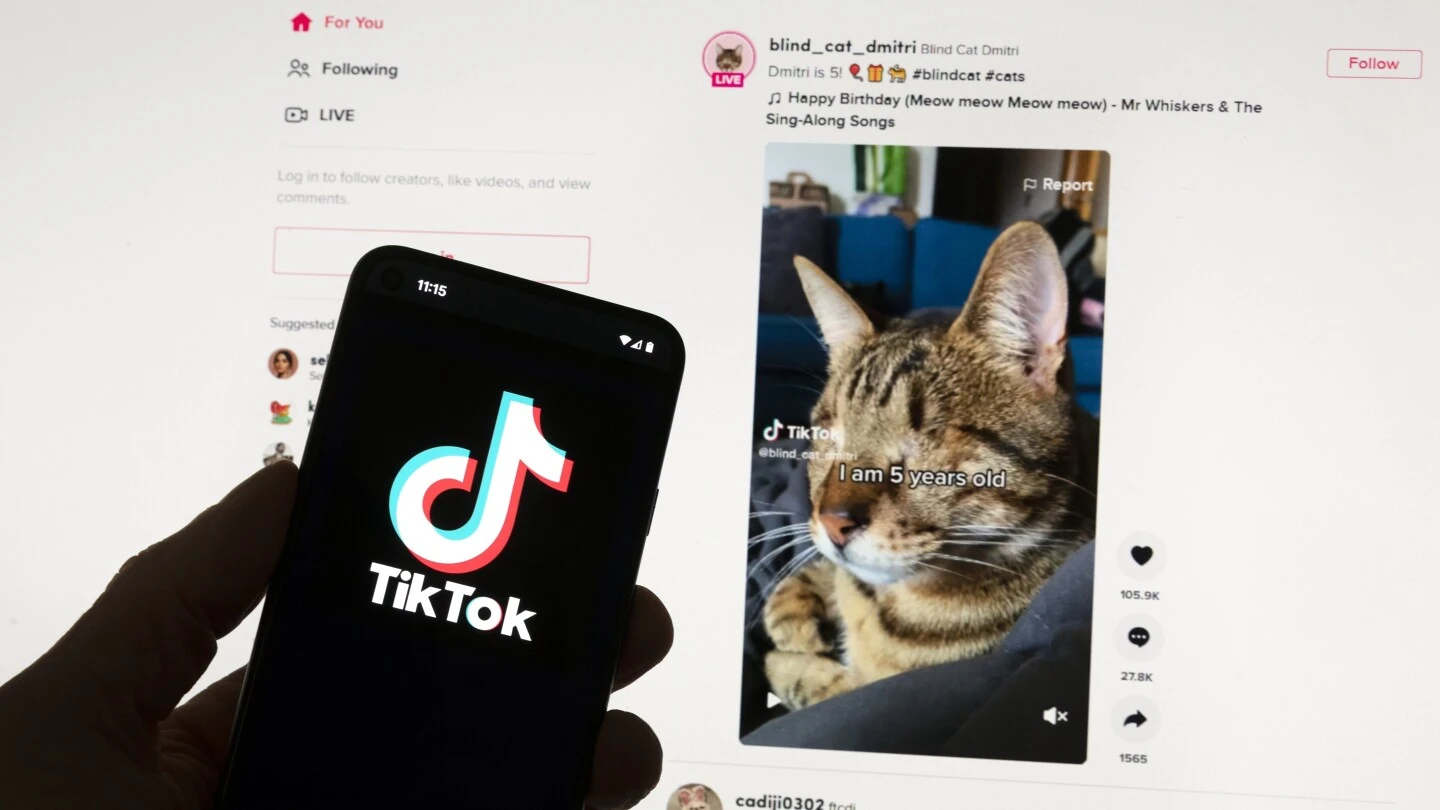magnetosphere
- 7 Posts
- 534 Comments

 3·1 year ago
3·1 year agoI honestly don’t know. True or not, though, it’s an interesting idea!

 8·1 year ago
8·1 year agoYeah. What the hell were the plaintiffs supposed to do? How do you get proof of something like this? Break into an exec’s office? Hack an auto manufacturer’s network?
Oh, wait a sec. Evidence that’s acquired illegally generally isn’t admissible. So even those ridiculous plans wouldn’t work. I guess the best we can do is wait until the harm is done, and then hope there’s a sloppy enough paper trail to unequivocally prove exactly who did it.
Apparently, that’s MUCH better than using some common sense.
An auto manufacturer, who has no business snooping on your texts in the first place, should not have permission to keep copies of them. Ever. It’s an absurdly obvious question. The plaintiffs shouldn’t have to prove they’ve been harmed. The auto manufacturers should have to prove that their intentions benefit all customers, AND that those benefits outweigh the risks.
And no, advertising that’s specifically targeted at my perceived needs and interests doesn’t count as a “benefit”. Sorry not sorry.

 17·1 year ago
17·1 year agoI’m going to assume this judge hasn’t been unduly influenced.
This looks like a classic case of following the letter of the law, while ignoring the spirit of the law. The law seems like it’s intended to punish harmful violations of privacy. No reasonable person can conclude that the sale of tens (or hundreds) of thousands of people’s private data is entirely harmless, but that’s what this judge did.
US courts often take “reasonable” assumptions into account when making judgments or issuing sentences. Just because the plaintiffs couldn’t actually prove specific damage is no reason to assume it didn’t/won’t happen.

 1·1 year ago
1·1 year agoTo me, it should only “matter” for technical reasons - to help find the root of the problem and fix it at the source. If your roof is leaking, then fix the roof. Don’t become an expert on where to place the buckets.
You’re right, though. It doesn’t matter in terms of excusing or justifying anything. It shouldn’t have been allowed to happen in the first place.

 3·1 year ago
3·1 year agoSomething as simple and obvious as this makes me wonder what other hidden biases are just waiting to be discovered.

 2·1 year ago
2·1 year agoI missed this! Thank you very much!

 4·1 year ago
4·1 year agolol at “unpleasantly impress”

 9·1 year ago
9·1 year ago“Hey, baby, Elon Musk says we should fuck.”
I have no idea who those two guys in the background are, but I feel sorry for them anyway just because they’re there.

 7·1 year ago
7·1 year agoI wasn’t expecting the devs to respond that quickly 😂
Both people are being sexist - the person who made this initial statement, and the person who replied. I’m not really helping by calling them sexist, though. The important questions are “why does this stereotype exist? How do I prevent/fix it?”
This is such a classic communication problem. I’d like to hear how to overcome it.

 2·1 year ago
2·1 year agoInteresting (and disturbing) contrast. I haven’t done any programming, so I appreciate the perspective!

 3·1 year ago
3·1 year agoThank you! I was starting to wonder if I simply expressed myself poorly, but you explained what I was trying to ask about. Now I get it!

 3·1 year ago
3·1 year agoDid you mean to reply to me? You’re kind of asking what I’m asking. I wouldn’t imagine there’s a “first dose” if the website is shitty and annoying to use. Instead of dopamine, wouldn’t there be bad memories and unpleasant associations?

 2·1 year ago
2·1 year agoI don’t have an account on any of their stuff, but even I recognize that this is a nice burn.

 3·1 year ago
3·1 year agoOkay, I have no problem admitting I’m naïve on the subject. If I guessed wrong, though, what is addiction about? It’s hard for me to imagine getting addicted to something you aren’t likely to use and don’t like.
Sure, I can see people changing their mind about something once they’re already addicted, but that’s not the same thing.

 22·1 year ago
22·1 year agoI’m the last person who would leap to Meta’s defense, but I gotta ask: how, exactly, does one draw the line between a service being addictive and one that’s just well designed and pleasant to use?
I wouldn’t want this lawsuit to discourage quality web design.






Creative solution!